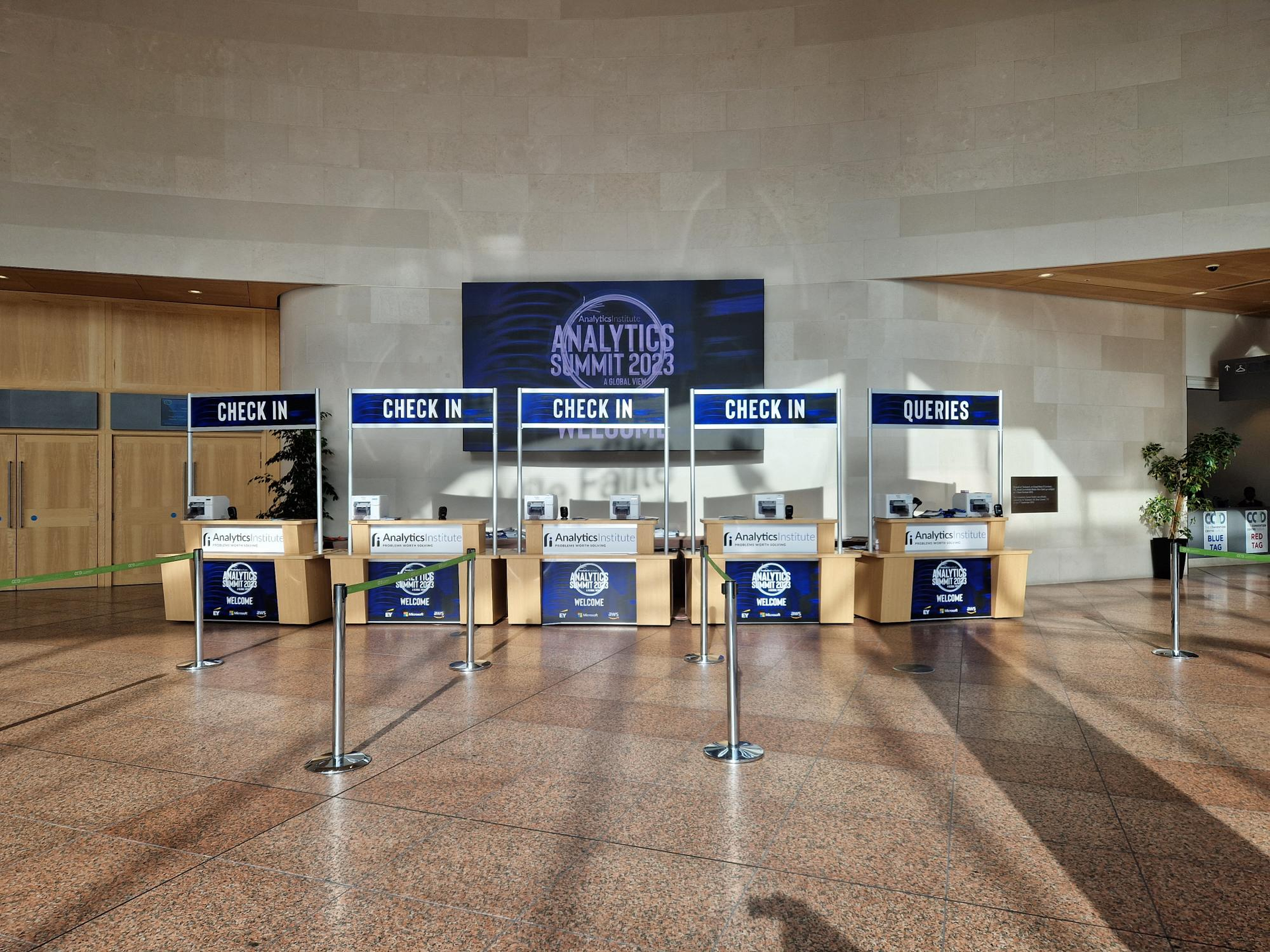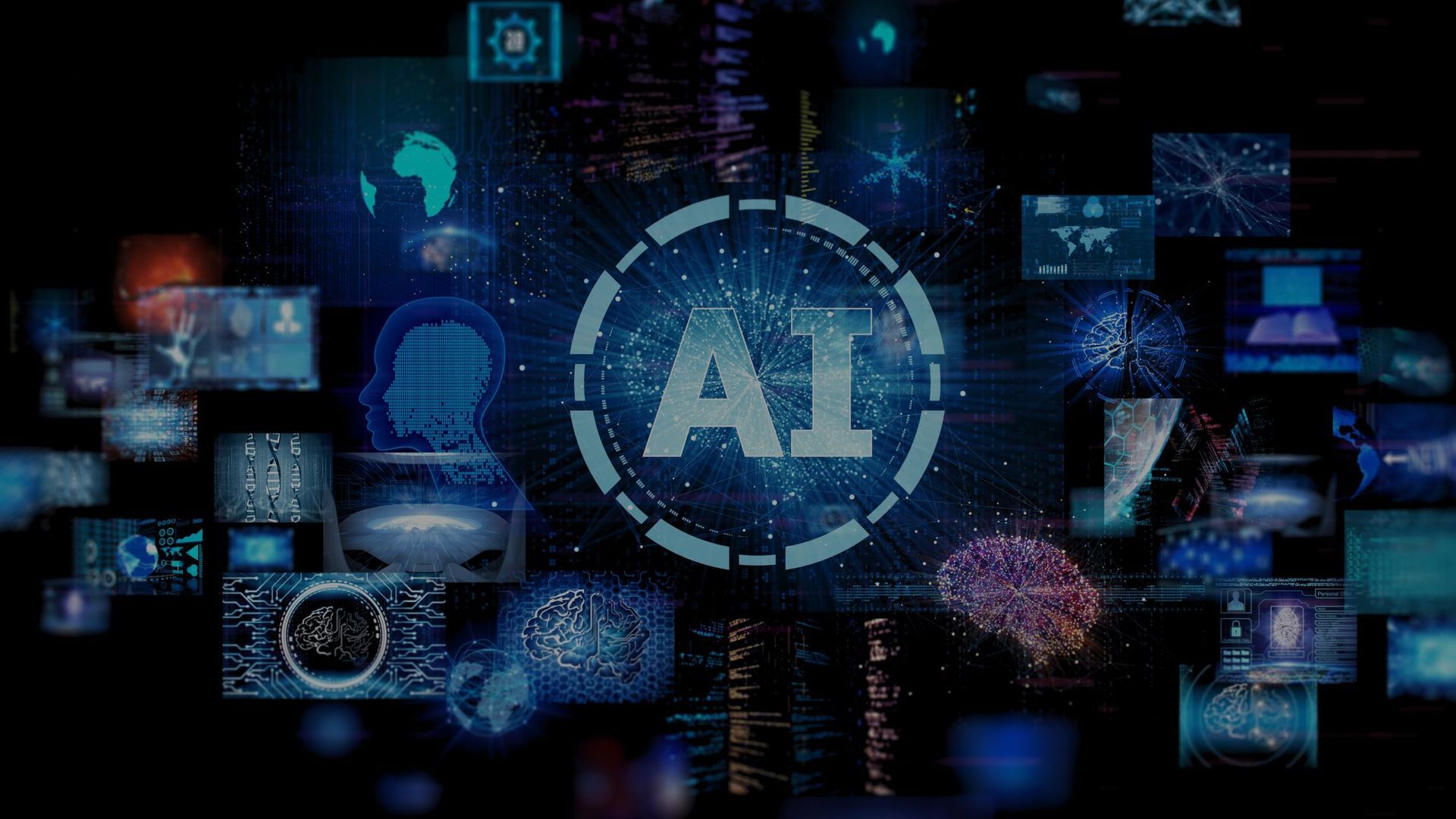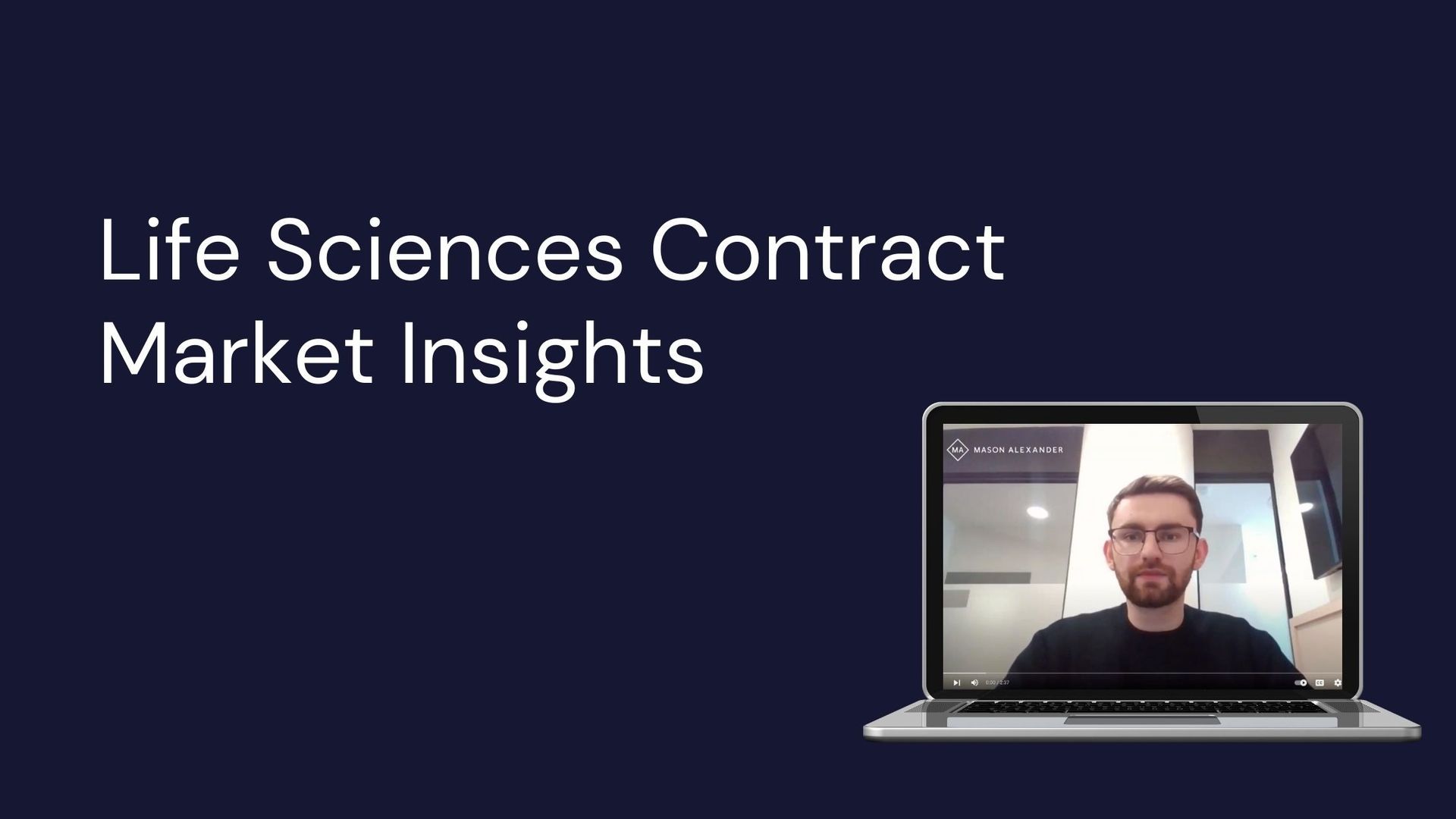Exploring the Future of Data and AI
At Mason Alexander, we're committed to staying at the forefront of the ever-evolving technology landscape. This commitment led our Technology Recruitment Team to the Analytics Summit 2023 in Dublin, one of the largest data events in Europe. At this event our Technology Recruitment Team immersed themselves in the world of data and artificial intelligence (AI), gaining invaluable insights that we're excited to share with you.
Key Takeaways from the Analytics Summit 2023:
1. Trust and Security in AI
One of the central themes at the summit revolved around the pivotal need to establish trust and ensure security within the realm of artificial intelligence (AI). In a rapidly advancing AI landscape, businesses must not only focus on the efficacy of AI but also on the ethical considerations and trustworthiness of these technologies. This trust is something that businesses must actively validate and nurture.
An essential component of this trust-building process is the implementation of sound regulatory frameworks. These regulations are designed to provide a safety net, ensuring that AI technologies are used ethically and responsibly. They serve as a crucial guardrail, preventing misuse and abuse of AI. Additionally, these regulations can offer a layer of accountability for addressing issues like bias in AI models created by others.
When it comes to bias in AI, the emphasis is on proactive accountability. It's about addressing potential bias issues in advance, rather than as an afterthought. This means taking measures to ensure that AI models are trained on diverse and unbiased datasets. Furthermore, it's essential to act in a manner that explains the output that AI produces, making the decision-making process transparent and understandable to stakeholders.
2. Bridging the Talent and Skills Gap
Throughout the day, our team noticed that discussions and panels consistently touched on the talent and skills gap in the AI and data analytics sector. Enabling a workforce to embrace AI, especially at the leadership level, emerged as a major challenge. Businesses are looking to make data-driven decisions, and the question of whether they are hiring the right talent to achieve this goal loomed large.
3. Data AI for Business Outcomes
Data AI is a tool to achieve business outcomes. The focus has shifted from merely implementing data and AI solutions to utilising them effectively to drive profits and cost savings. Companies are contemplating whether they have the right talent on board or if strategic partnerships are needed to unleash the full potential of AI.
4. The Imperative of Data Literacy
Jordan Morrow's impactful session emphasized the crucial role of data literacy in today's data-driven world. Data literacy, he explained, comprises four core characteristics: reading, working with, analysing, and communicating data. These pillars form the foundation for organizations to cultivate a data-driven culture.
In essence, data literacy enables individuals and businesses to unlock the full potential of their data assets. It empowers them to read data effectively, work with it, analyse it meaningfully, and communicate insights clearly. This skillset is indispensable for informed decision-making and ensures that data is not just a resource but a transformative force within organizations.
5. AI Co-Pilots Enhancing Human Capabilities
Kieran McCorry, Microsoft's CTO, introduced the concept of AI co-pilots, showcasing how AI technologies like ChatGPT are seamlessly integrated into platforms such as PowerPoint and Teams. During a panel Q&A session, Fawad Qureshi, the CTO from Snowflake, also emphasised the importance of viewing emerging technologies as co-pilots rather than autopilots.
The message is clear: rather than relying solely on autopilot, businesses should embrace AI as co-pilots that enhance human capabilities and decision-making.
6. Data Transparency and Trust
Kabir Khanna, Director for Elections and Data Analytics at CBS News, shared insights into the importance of data transparency and trust, particularly in the context of election predictions. He showcased innovative 3D map visualisations used during the Biden-Trump presidential election, highlighting the need for clear and trustworthy data communication.
7. The Human-Centric Approach
Joanne Griffin delved into the concept of "Humology," emphasising the significance of placing humans at the core of technological advancements. The "most advanced yet acceptable" (MAYA) principle underscored the idea that technology should enhance, not replace, human experiences.
8. Optimism for the Future
Mark Henry concluded the summit on an optimistic note, discussing his book "An Optimist's Guide to Ireland at 100." He celebrated Ireland's remarkable progress in terms of life expectancy, cultural diversity, and income equality, showcasing a nation that has wholeheartedly embraced change and growth.
Connect with Mason Alexander's Technology Recruitment Team
The Analytics Summit 2023 was a transformative experience for our Technology Recruitment Team. We're eager to share our newfound knowledge and insights with you. If you're looking to navigate the evolving landscape of technology talent, whether it's finding the right professionals or enhancing your team's skills, our dedicated team is here to help.
Contact us today to discuss your technology recruitment needs and explore how we can assist you in building a stronger, more data-savvy workforce. Together, let's harness the power of data and AI for a brighter future.
Interested in further AI insights? Download our new AI report
"Work Redefined: AI Insights For The Future Of Work".
Sign up for our news and updates
Follow us on Instagram
Mason Alexander is a recruitment company with one clear mission: a relentless focus to deliver optimal outcomes for clients and candidates.
Ireland:
US:
hello@masonalexanderus.com
+1 917-280-5614
Quick Links
Locations
Dublin
Smyth House,
6-7 St. Stephens Green, Dublin,
D02 X827
Cork
1C North Valley Business Centre, Old Mallow Rd, Blackpool, Cork, T23 WN15
Portugal
50 R. Alexandre Herculano Lisbon,
Lisbon 1250-048
New York City
140 E 44th St
New York, NY 10017, USA
San Francisco
44 Montgomery St
San Francisco, CA, 94104
New Paragraph
©2025 Mason Alexander. All Rights Reserved | Privacy Policy | Sitemap | Powered with 💜 by Shazamme












































































































